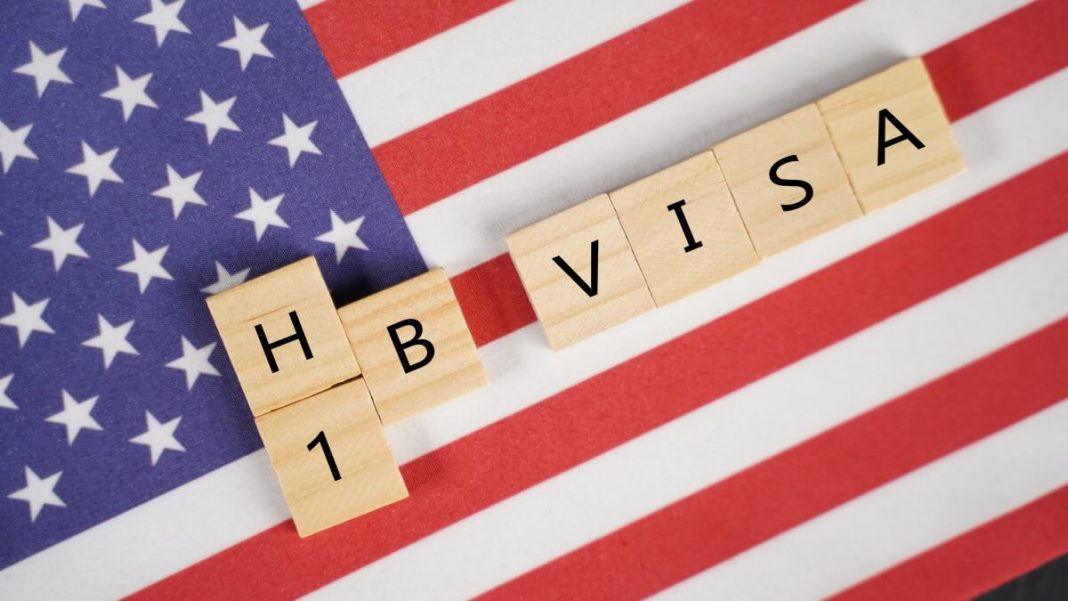Nearly 70 nationals from India are suing the US government, under claims that their H-1B visa applications were unjustly denied as a result of fraudulent activities committed by their employers.
According to local media reports, these persons were part of a training program for foreign graduates from US colleges and universities. In spite of the fact they had no direct involvement in their employers’ fraudulent actions, they suffered the consequences when their visa applications were denied.
As a result, they decided to initiate a lawsuit in a federal district court in Washington state, thus seeking justice for the unjust treatment they’ve experienced, VisaGuide.World reports.
According to the plaintiffs, the Department of Homeland Security (DHS)wrongly denied them H-1B speciality occupation visas without giving them the opportunity to address the allegations of fraud.
The graduates are calling on the court to overturn the decision of DHS permitting them to respond to the fraud claims before any determination on their eligibility for admission to the US is made.
In addition, the agency’s failure to notify the visa applicants of the actions against them is considered a procedural lapse, further stressing the importance of fair treatment.
The H-1B visa permits US employers to find temporary employees from other countries who are engaged in specific fields, such as IT specialists, architects, and doctors, among others.
Recently, the United States Citizenship and Immigration Services (USCIS) said that the second round of random selection for the H-1B visa scheme was completed for the fiscal year 2024.
Previously, an Indian-descent Democratic lawmaker, Raja Krishnamoorthi, presented legislation proposing to increase the annual intake of foreign workers on H-1B visas to attract a larger number of workers to the US.
Besides, Krishnamoorthi said that creating new jobs and building the economy of the future helps to attract the best talent from worldwide countries.
“That is why I am proud to introduce the HIRE Act to increase investments in elementary and secondary school STEM education while doubling the number of available H-1B visas from 65,000 to 130,000. By investing in our homegrown talent while attracting the best minds from around the world, we can create better-paying jobs and harness the technology of tomorrow,” he noted.
Nationals from India are the main beneficiaries of the US H-1B visa program. The figures provided by the USCIS revealed that of the total of 441,000 H-1B applications received last year, 72.6 percent, or 320,000, were allocated to nationals of India.
The same source revealed that in addition to India, nationals from China were ranked in the second position, with the US allotting 12.5 percent of the H-1B visa applications to nationals from China.
